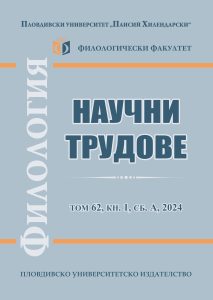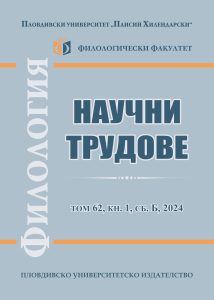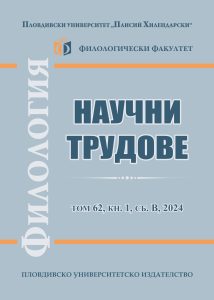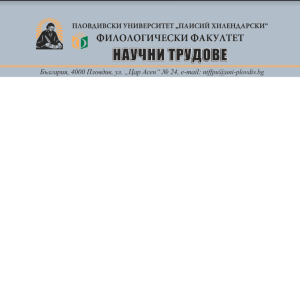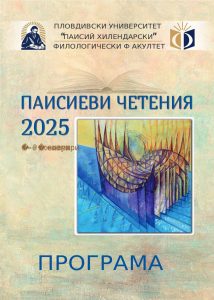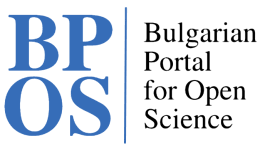VOL. 56, BOOK 1, PART А, 2018, pp. 590 – 601 Full text (En)
Author: Mariana Gotseva
Affiliation: South West University
Abstract
This article focuses on the socio-cultural nature of the process of language learning / acquisition, as claimed by socio-cultural theories, which see learning as a socially constructed cognitive phenomenon which relies on the semiotic tools, produced by the community over time (Lantolf & Thorne: 2006). It presents evidence from an empirical research, assessing the implicit and explicit knowledge of learners, which has revealed that motivation and willingness to immerse into the native society, leads to higher achievements in the target language proficiency and vice-versa (Schumann 1986).
Key words: second language acquisition; socio-cultural theories; contextual factors


